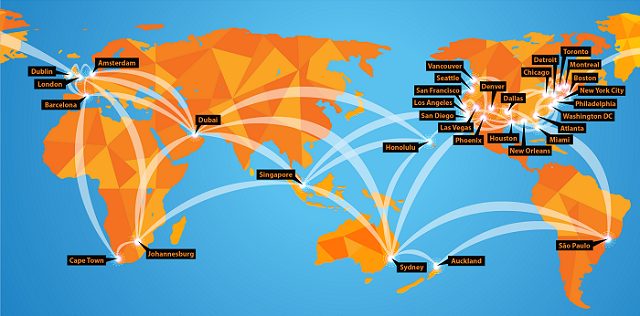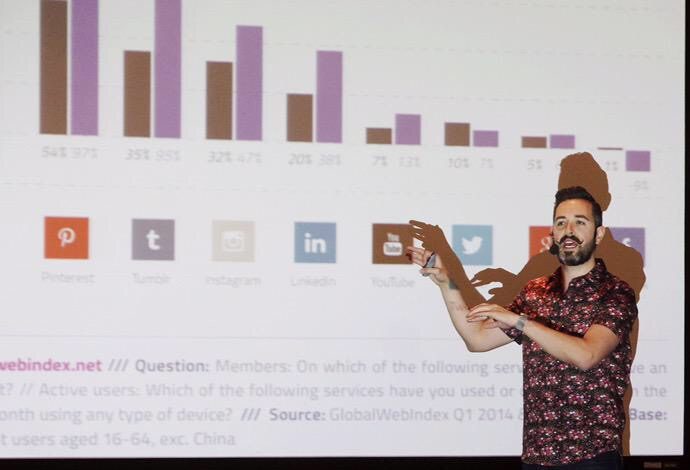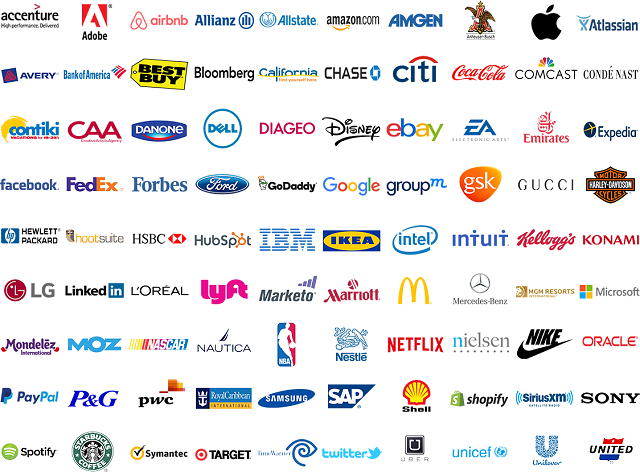What Are E-E-A-T Guidelines, and How Can You Optimize Your Site Around Them?
By Nick Nelson With so much content on the web, and generative AI only adding to the noise, Google is laser-focused on helping searchers find results that are meaningful, valuable, and helpful. Clearly, the pioneering search engine recognizes that its future as a useful tool depends on surfacing content that cuts through the clutter and satisfies intent, which is to say: Google will favor the content that best answers the question behind the query
Google’s E-E-A-T guidelines are the most transparently documented set of recommendations that brands can use to navigate the evolving search landscape while staying relevant and visible, and they come directly from the source.
These guidelines are core to our SEO content philosophy at TopRank Marketing, not only because they align to the priorities of the world’s biggest search engine but also because the underlying principles serve as durable best practices for clearly demonstrating value to your audience with content marketing.
Because they are so important, let’s take a deep dive into the practical implications of E-E-A-T for SEO, how it works, and why it matters.
Inform your 2025 SEO strategy with a full scoop on tactics you should adopt or drop: Watch our SEO Glow-Up Webinar
What is E-E-A-T?
E-E-A-T stands for Experience, Expertise, Authority, and Trustworthiness. E-E-A-T guidelines are leveraged by content creators, but were initially established as part of Google’s ongoing efforts to improve the quality of their own search results and to prioritize people-first content. E-E-A-T guidelines are a baseline for how we measure a site’s worthiness of earning visibility in the search engine results pages (SERPs).
While Google states that E-E-A-T guidelines do not directly influence rankings, the criteria are “used by our search raters to help evaluate the performance of our various search ranking systems.” And importantly: “They can also be useful to creators seeking to understand how to self-assess their own content to be successful in Google Search.”
Here’s an overview of what each facet of the E-E-A-T framework means in terms of shaping your content.
Experience
Think of this as “been-there-done-that” credibility. When you’re creating content, ask yourself: Have I actually experienced what I’m talking about? Does it come through to the audience? Demonstrating experience is one of the best ways to differentiate from anything AI could produce.
Example: If you’re writing a guide about hiring technology, include relevant case studies or quotes from actual HR professionals to show this specific audience you understand their world.
Expertise
It’s all about knowing your stuff — whether through formal qualifications or a history of covering your topical area effectively and thoroughly. Google loves content that feels like it’s coming from someone who really knows what they’re talking about. For B2B buyers, fostering this perception is essential.
Example: If you’re discussing SEO strategies, back it up with data, industry insights, and proven results you’ve achieved. Being an expert doesn’t mean using fancy jargon — it means breaking things down clearly so your audience can trust your advice.
Authoritativeness
Authority is about your reputation. Are you seen as a go-to person, brand or website for your topic? Building authority takes time …read more
Source:: Top Rank Blog

































